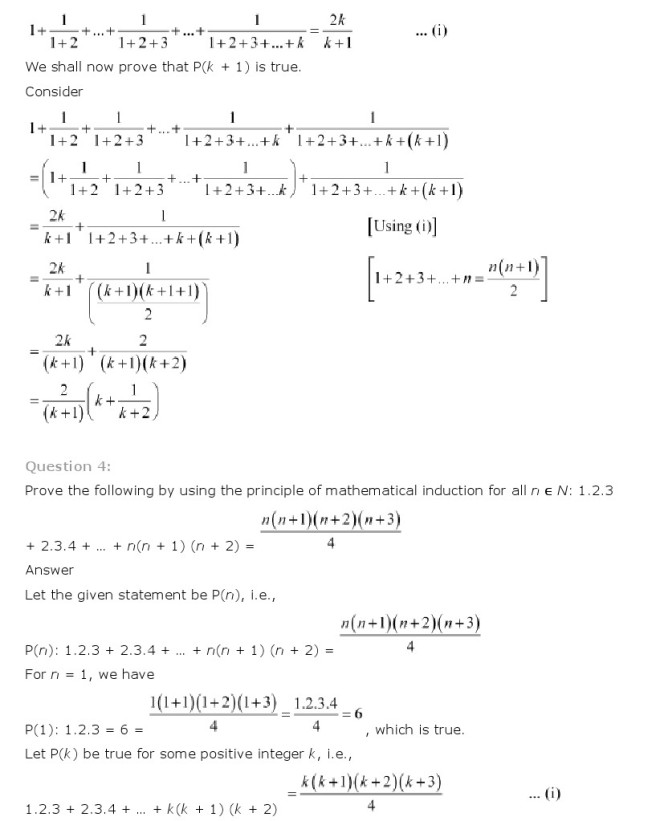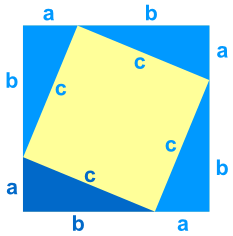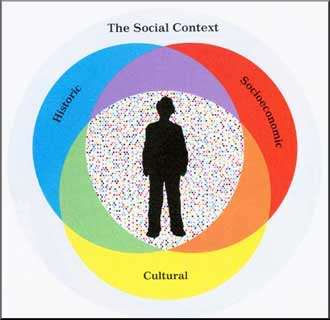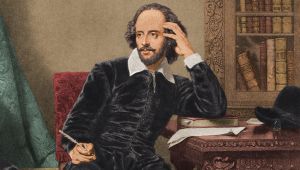An article in the newspaper El País stated the six more important days in the XXI century; the attack to the USA from Al Qaeda, the Brexit, the chinese entry in the OMC (organización mundial del comercio), the bankruptcy of Lehman Brothers, the first black american president and the agreement to reduce climate change.
All of these dates, affected not only one person, but many countries. But many other events have ocurred in the last years that have not been considered. So, who decides which event is more important that the other one? How do they come to this agreement?
Emotion takes place in almost every decision we make. But when it comes to an official fact, the individual making that decision should have the most objective point of view as possible.
Eventhough they have to be objective, they have to analyse the event. They have to research and find out who was affected and what the consecuences will be. In this part, emotion has to take place in order to be able to see this data.
In conclusion, to report official claims, reporters/writers should be able to difference when to have emotion in mind and when they should not, to give the most trustworthy information.






